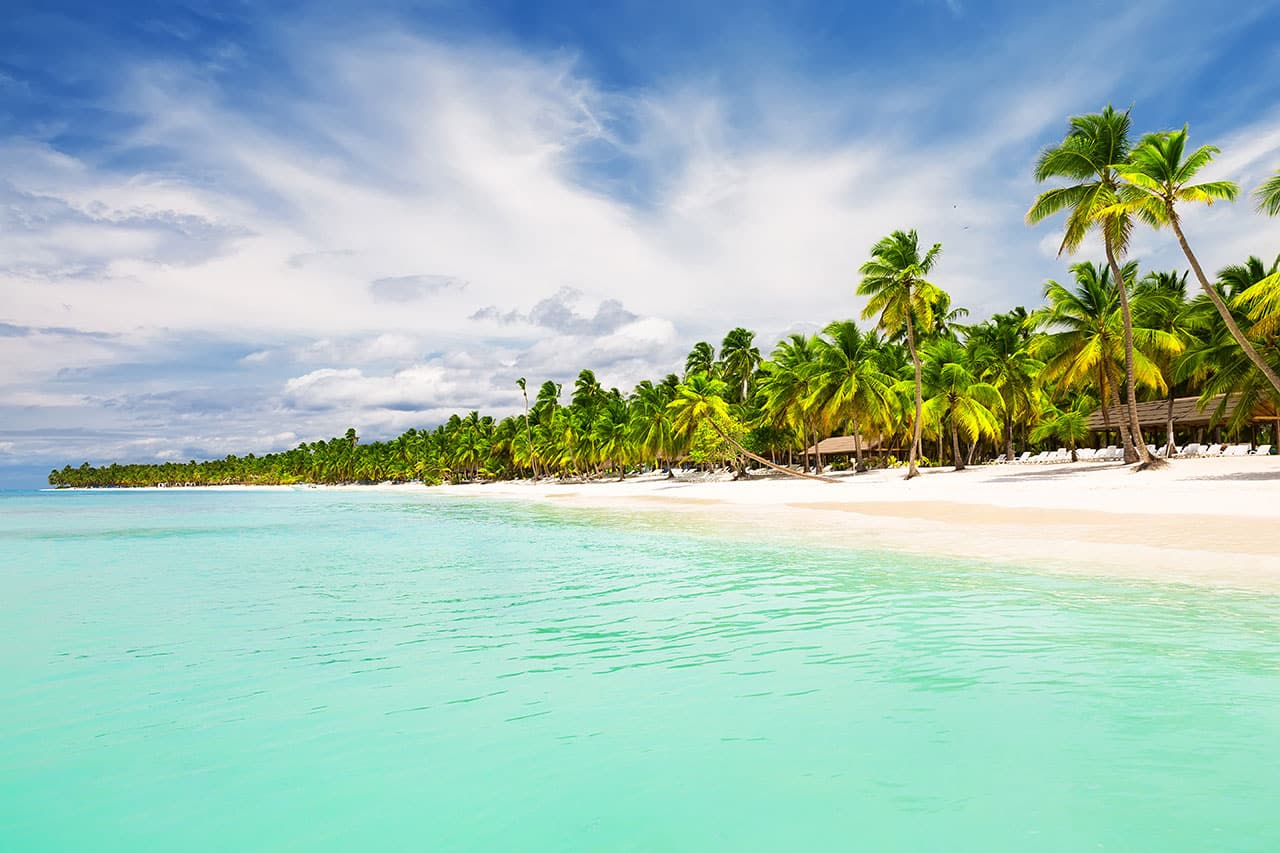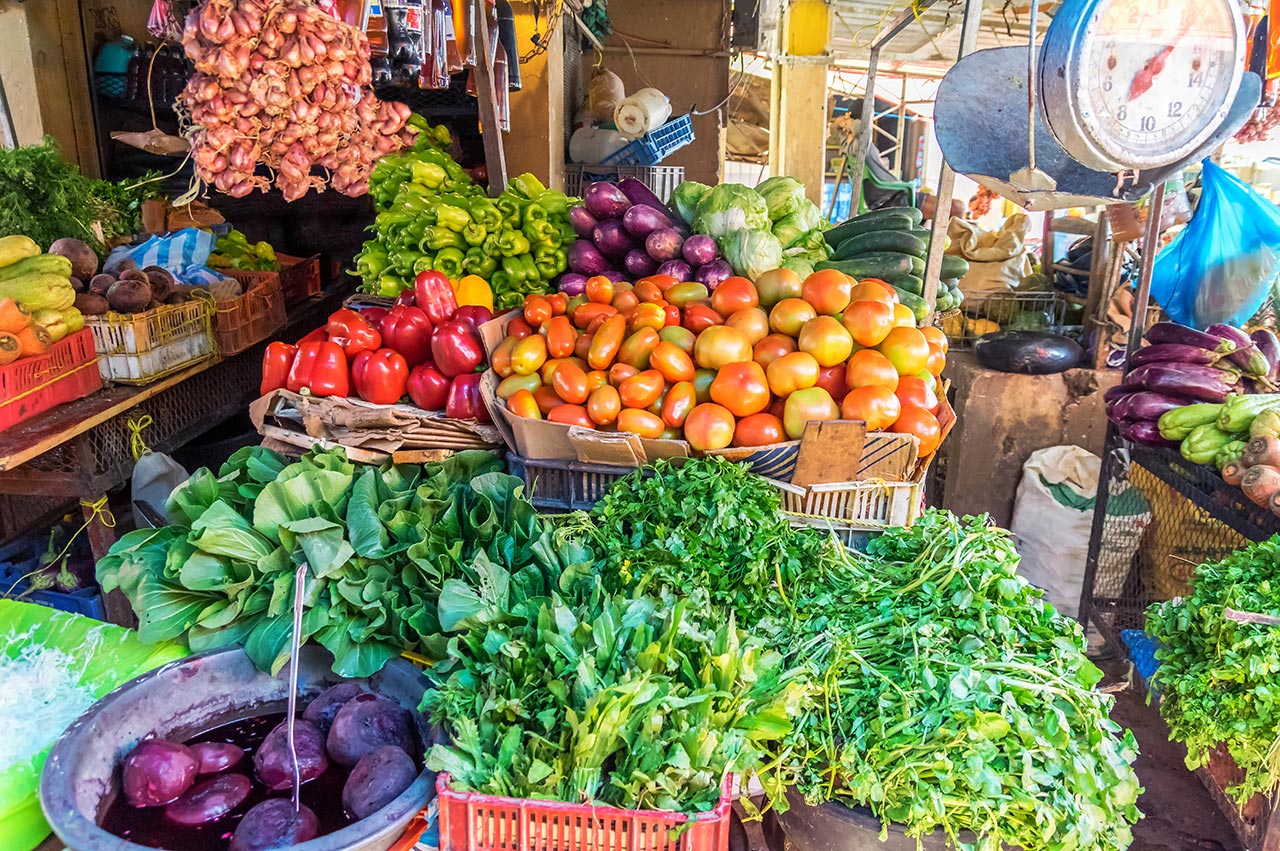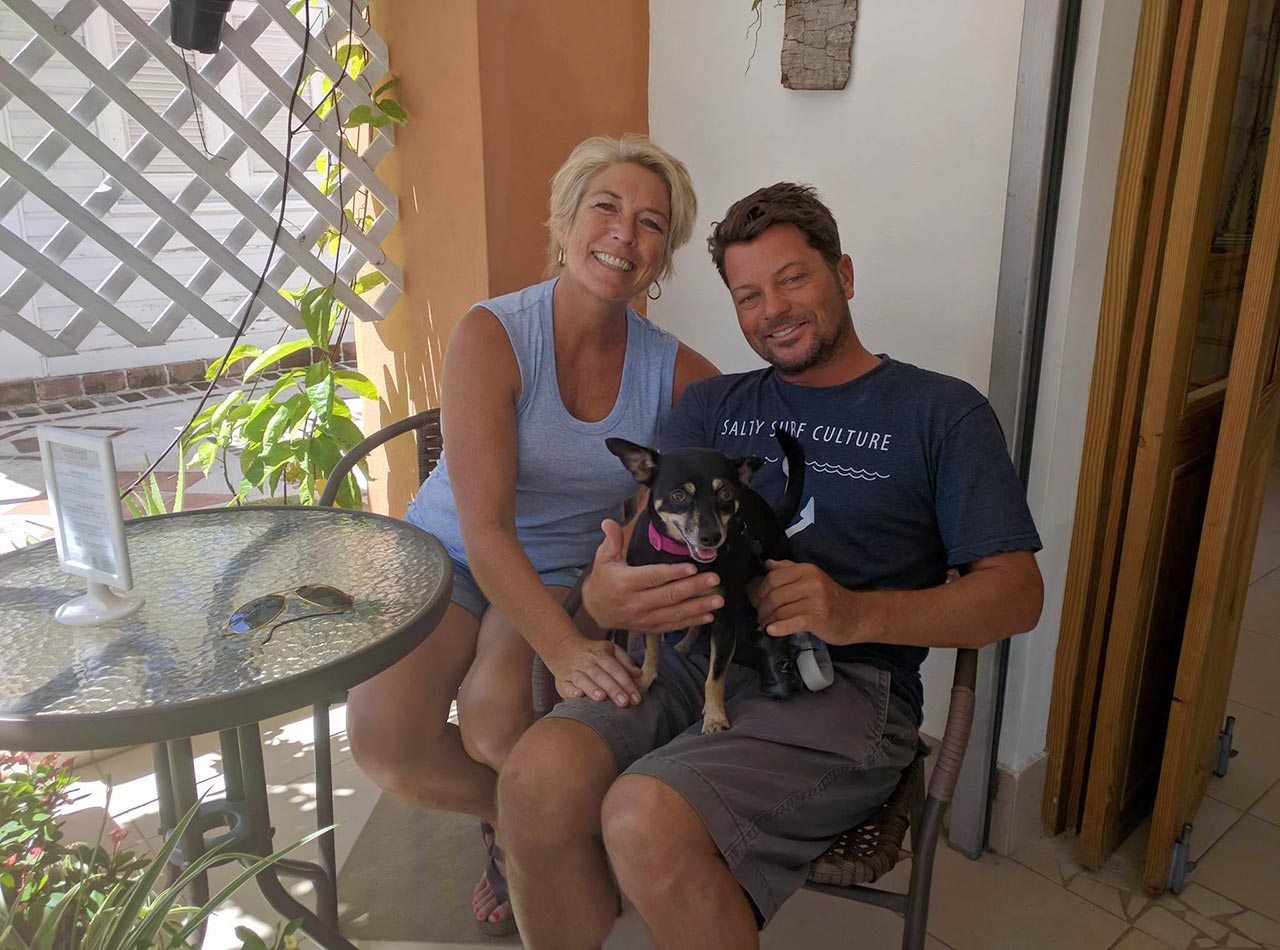Island Living: How To Move To The Dominican Republic
Curious about living in the Dominican Republic? An expat answers frequently asked questions.
The promise of beaches and perfect kitesurfing conditions lured Molly O'Meara and her husband Kevin Connolly to sell everything and relocate — sight unseen — from Aspen, Colorado, to the surf town of Cabarete on the northwest coast of the Dominican Republic.
That was back in 2009. At the time, Cabarete was still something of an outpost, largely unaided by police or other governmental systems. And not much has changed.
Although the area lacks the superstructure, such as sidewalks that some Americans may expect, it compensates in other ways. Life is simple. The sense of community is palpable. Passersby will help unasked if car suffers a flat tire. It's this lifestyle, devoid of Saturdays spent at Target and Home Depot, which led O'Meara and Connolly to stay.
Eight years later, the biggest change for O'Meara personally is that she has become "90 percent fluent" in Spanish, enough to teach yoga classes in two languages. Looking back, she laughs at not having had a plan for that first year in the Dominican Republic. Says the Chicago native, "Luckily, we loved it."
She answers a few frequently asked questions about what it's like living in the Dominican Republic.
What jobs can I find?
"Job-jobs? You won't likely find one," says O'Meara, who created her own position teaching Ashtanga-based yoga at Casa Feliz Luxury Apartments, through her own company Molly Om Yoga.
But as for jobs — teaching, banking, managing or the like — most expats won't be considered until they obtain legal resident status, a process that takes years.
What doesn't take years, however, is launching your own venture.
"People do really creative things here to earn money," says O'Meara. "Many people here are bikini manufacturers or jewelry makers."
Another possibility is working remotely, given that Cabarete residents enjoy access to high-speed Internet.
Where do I buy groceries?
"There is always beautiful produce," says O'Meara. "Mangoes the size of your face, and papayas as big as footballs. And everything is so good. I go home to Chicago and the bananas don't taste like bananas."
She gets her fill of fruits and veggies at pop-up produce stands, or the local trucks that pass by, or from the grocery store, which stocks everything an expat would hope for.
"You'll pay a higher price for brands imported from the States, like Kraft grated Parmesan cheese, Breakstone's cottage cheese or Classico spaghetti sauce. But it's all available."
The only catch — and for some, it's more of an upside — is that you're always eating seasonally. "Right now, it's all about melons and tomatoes," says O'Meara.
How do I bring pets?
Relocating with four-legged roommates to the DR is simple and straightforward. The biggest ask is that your pet be vaccinated for rabies between 30 days and a year prior to arrival.
In addition, animals need a veterinary certificate for the Dominican Republic, endorsed by your state USDA office, and completed within 15 days of arrival. Pets who meet these requirements will avoid quarantine, which can last between eight and 30 days.
What are the health care options?
"I've never seen an ambulance here," says O'Meara, stressing that the DR is not the place to relocate if you're at risk for health emergencies, such as strokes or heart attacks.
Moreover, if you do choose to call this tropic outpost home, you'll need to take a DIY-approach should any medical condition befall you. Yes, there are hospitals, but they don't bank blood. Because of this, most expats know their blood type, and are prepared to donate when an in-need friend posts such a request on the Facebook group Everything Cabarete, which has over 2,000 members.
Given the conditions of local healthcare, O'Meara maintains an international insurance plan, allowing her treatment stateside.
But, she recommends not discounting local facilities for conditions such as parasites and dehydration. And, because the DR is a jungle-covered island, crawling with potent bugs, critters and parasites, she suggests responding quickly when bitten or stung.
"A friend had a spider bite that got really infected," she says. "And if he hadn't received medical care, I'm sure he would have lost his leg."
Will online retailers deliver?
There is no home-delivery mail system in the Dominican Republic. "There's no UPS showing up at your door or anything like that," says O'Meara.
In fact, she and her partner gave up a mailing address entirely, as it proved too costly in terms of customs fees.
"We were getting junk mail — things like credit card applications — which were costing us as much as $10 for three pieces of useless mail," she says.
Instead, O'Meara pays all bills online, and shops at places like Target, stocking up on sun block, hair mousse and bed sheets, when she visits family in the States twice a year.
She adds, "If you are addicted to Amazon, you could still shop there if you wanted, but you'd have to pay for a shipping address in Miami, and then pay 75 pesos (about $2 USD) per pound of delivery."
How do I move my belongings?
O'Meara moved to the island with just two duffel bags of belongings; those relocating with more than just check-on luggage can hire companies such as Sea & Air International to send a container from anywhere in the States to the Dominican Republic.
However, you will want to have your items insured. "When the container is in customs, I have heard of items getting stolen — depending on what you have in there," says O'Meara.



